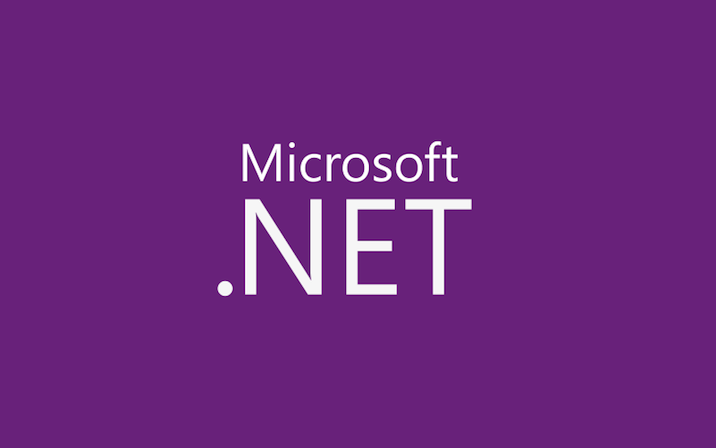


Is it ok to use nested Parallel.For loops?

ThreadPool performance you can see

ParallelExtensionsExtras Tour – #7 – Additional TaskSchedulers

PDC09 Parallelism Session Videos Now Available

Slides from Parallelism Tour

Task.Wait and “Inlining”

TaskScheduler.FromCurrentSynchronizationContext

TaskCreationOptions.PreferFairness


 Light
Light Dark
Dark